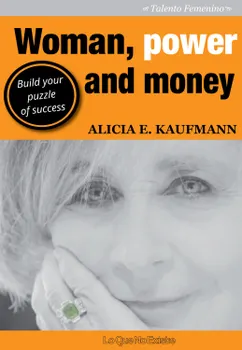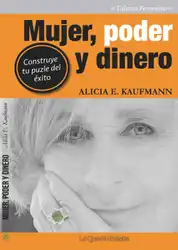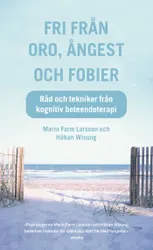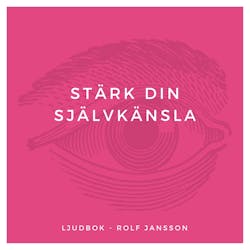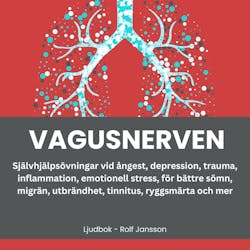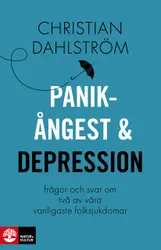I was interested in money since childhood. I remember we often spoke of it at home. My parents had enjoyed a comfortable position in Europe, but due to the vicissitudes of war, they were forced to seek new life courses. They landed in Argentina, where they started from scratch. My grandfather was a wealthy banker in Vienna and my grandmother, Carolina Goldschmidt (German for gold forging), came from one of the most renowned local families.
Her mother had been one of the first patients of the then young and unknown Sigmund Freud. My father, an engineer, met my mother in Prague. During World War II, women held minor roles. My mother used to say, "Men do not like women who are too smart". That sentence, her tenacity and her fighting spirit were essential life lessons for me. The most frequent statement my father used to make was that young people should travel and study.
I felt most identified with this recommendation and, at the age of 14, I began to earn my own money teaching English. Handling my economy was synonymous with independence and freedom. Therefore, I practised and passed it on to my children, supporting another parental slogan that read: "If you earn ten, save three". I began my research on the career development of women and men almost three decades ago. In those early studies, my topics of interest were financial intelligence and socialisation in families.
